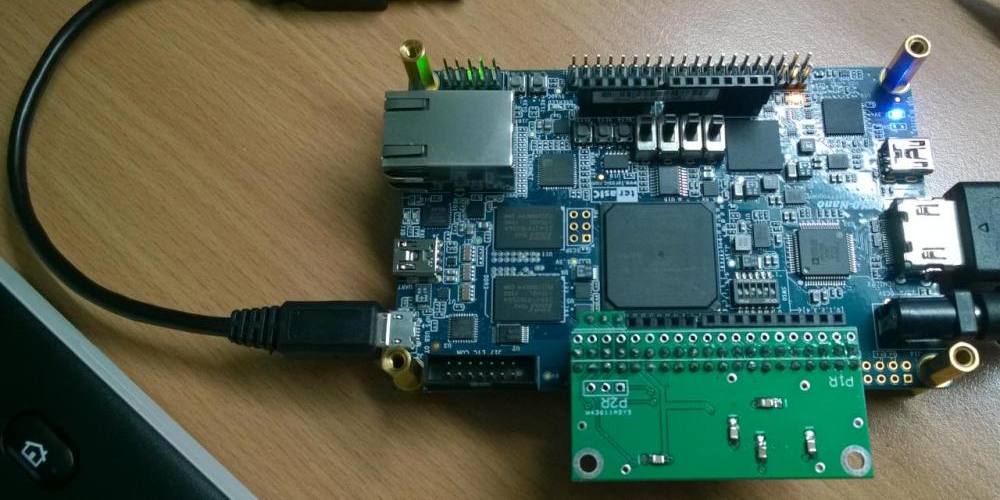When it comes to electronic design, there are two main approaches: using a microcontroller or using an FPGA. Both have their pros and cons, so which one is right for your project? Let’s take a closer look at each option.
FPGA vs Microcontroller- what’s the difference between the two technologies and which one is right for your project
FPGA vs. Microcontroller is an ongoing debate among the electronic engineering community – what technology should they choose and why? FPGAs (Field Programmable Gate Arrays) are devices that allow users to reprogram their internal structures, meaning FPGAs are often chosen for projects where customization is a priority. FPGAs therefore require more design and programming, but offer greater speed and flexibility. On the other hand, Microcontrollers are programmed just once so changes or additions later on in the project can be difficult. Microcontrollers are generally used for smaller projects due to their limited range of functions and comparatively slower speeds. Before choosing FPGA or Microcontroller for any project, consider your short-term goals as well as long-term capabilities: FPGA allows greater freedom now but may not be versatile enough to withstand changing needs in future; whilst microcontroller require less effort up front but may not be suitable if increasing power and scalability is desired. Selecting the right device depends entirely on the purpose of your project. Knowledge of both technologies can help you make the right choice for your application needs!
The pros and cons of each technology- consider cost, flexibility, power consumption, and more when making your decision

FPGAs and microcontrollers are two of the primary types of technology used in today’s world, but depending on an individual’s needs, one type can have certain advantages or disadvantages. FPGAs are more powerful than microcontrollers and are suitable for applications that require frequent programming updates, but FPGA products often have higher cost and power consumption than microcontroller options. Microcontrollers offer the benefit of having built-in capability that can be maximized easily with external components, plus their low cost makes them especially appealing for budget-based projects. However, when compared to FPGA solutions they lack some flexibility as they require specialized hardware to develop large/complex software applications. Ultimately, evaluating factors like cost, flexibility, power consumption and performance capabilities should all be taken into consideration when deciding which technology type is right for a specific project.
How to choose the right device for your needs- get expert tips on making the best choice for your application
FPGAs and microcontrollers are both hardware devices used to accomplish an array of tasks. FPGAs are often used for more intensive functions such as video processing, signal detection and encryption, while microcontrollers offer simpler solutions for general data processing. When it comes to choosing the right device for your needs, expert tips can help make the best decision. Focusing on what type of task you would like the device to perform is a great way to start. Knowing how much memory and computing power is required can also be beneficial when comparing FPGA vs. microcontroller. Understanding this will provide a better idea of which option can better support your application. Expert tips that teach how FPGA and microcontroller work in combination with each other can also be helpful in finding the best solution for your specific needs.
still undecided? Check out this side-by-side comparison of popular FPGAs and microcontrollers to help you make a decision

If you’ve been struggling to choose between FPGA and Microcontroller for a project, look no further. Both FPGAs and Microcontrollers come with their own distinct advantages; FPGAs feature massive parallelism, reprogrammability, higher gate density, and can process more complex tasks–making them ideal for projects requiring intricate calculations. By comparison, microcontrollers are more suitable for lower-level protocols such as ensuring embedded system accuracy and control. Fortunately, choosing between FPGAs and micro controllers doesn’t have to be a guessing game – make sure to check out this powerful side-by-side comparison of both options to help you make the right decision.
Now that you know the difference between FPGAs and microcontrollers, as well as the pros and cons of each technology, you should be able to make a decision about which one is right for your project. If you’re still undecided, our side-by-side comparison of popular devices will help you choose the best device for your needs. With these expert tips, you’ll be able to find the perfect solution for your application.
